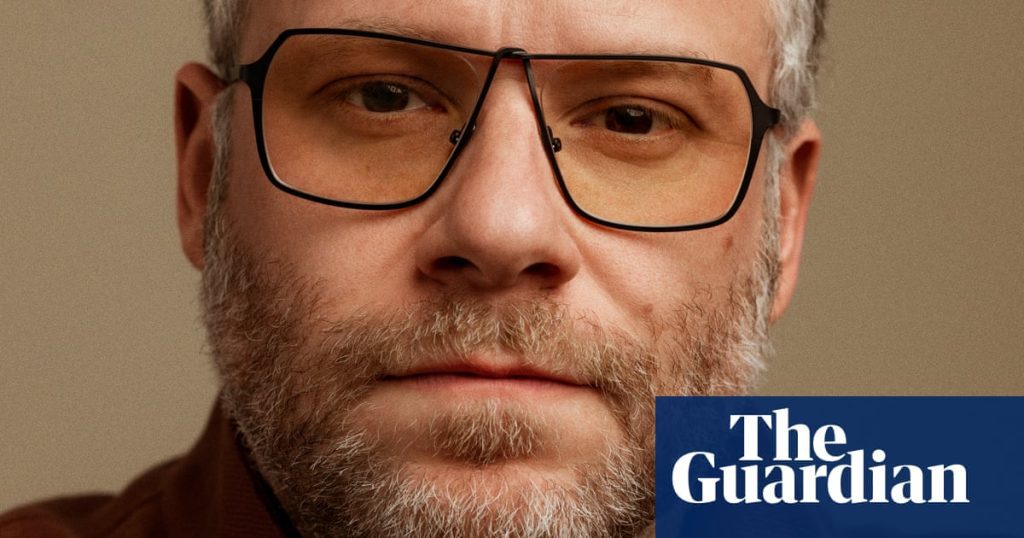Seth Rogen’s Creative Anxieties
Seth Rogen reflects on his insecurities in the filmmaking process, questioning whether his contributions genuinely help or hinder the creative flow. He ponders if he inspires writers or imposes an outdated perspective, and ultimately grapples with the concern of whether his peers, especially those he admires, actually like him. This internal dialogue comes to the forefront as he discusses his latest project, The Studio, where he produced, directed, co-wrote, and starred, alongside iconic figures like Ron Howard and Martin Scorsese.
Post-Fire Protocol and Realizations
Rogen often opens conversations with a consideration for the massive losses some in Hollywood have endured due to recent devastating fires. “Before venting, it’s courteous to check if someone has lost everything,” he remarks, reflecting on the new social norms in the industry. Thankfully, Rogen shares that he didn’t lose anything, allowing for casual banter about the industry woes.
The Rogen Charm and Work Ethic
At 42, Rogen’s relatable persona, forged through years in comedy, grants him a unique license to express frustrations that might be frowned upon in Hollywood. He juggles numerous projects with his long-time partner Evan Goldberg at Point Grey Pictures. Among the recent hits is Platonic, a comedy showcasing the complexity of mid-life friendships, alongside other notable projects like The Boys and Gen V.
The Studio’s Narrative Focus
In The Studio, Rogen plays Matt Remick, the head of a fictional film studio facing the industry’s decline. The show humorously explores the shift from film to television and features numerous cameos. Rogen acknowledges the risk of centering the narrative around a studio head but believes that many can sympathize with a well-meaning yet delusional boss dedicated to integrity amidst apathy for art.
Reflections on Morality and Social Worth
Rogen’s character grapples with the idea of societal worth in a narrative conflict regarding the significance of filmmaking versus medical breakthroughs. Based on his experiences at charity events and the dismissive attitudes toward his profession, he infuses a layer of authenticity into the show’s comedic commentary. This episode highlights Rogen’s genuine engagement with the broader implications of his work.
A Unique Perspective on Family Choices
Additionally, Rogen discusses the societal scrutiny of his decision not to have children with his wife, Lauren Miller. He finds the double standards in societal questioning of childbearing fascinating and insists that choosing to have children is often more perplexing than choosing not to. Through their long-standing partnership, Rogen values understanding in their relationship, accommodating each other’s personal choices.
Rogen’s Entrepreneurial Ventures and Lifestyle
With a flourishing cannabis business, Houseplant, and his numerous film projects, Rogen maintains a bustling lifestyle. Despite his busy schedule, he manages to find balance, working set hours and reserving weekends for relaxation and leisure activities, such as watching TV and enjoying cannabis. Rogen expresses contentment, remarking on the productivity bursts he experiences and the rewarding nature of his current endeavors.



